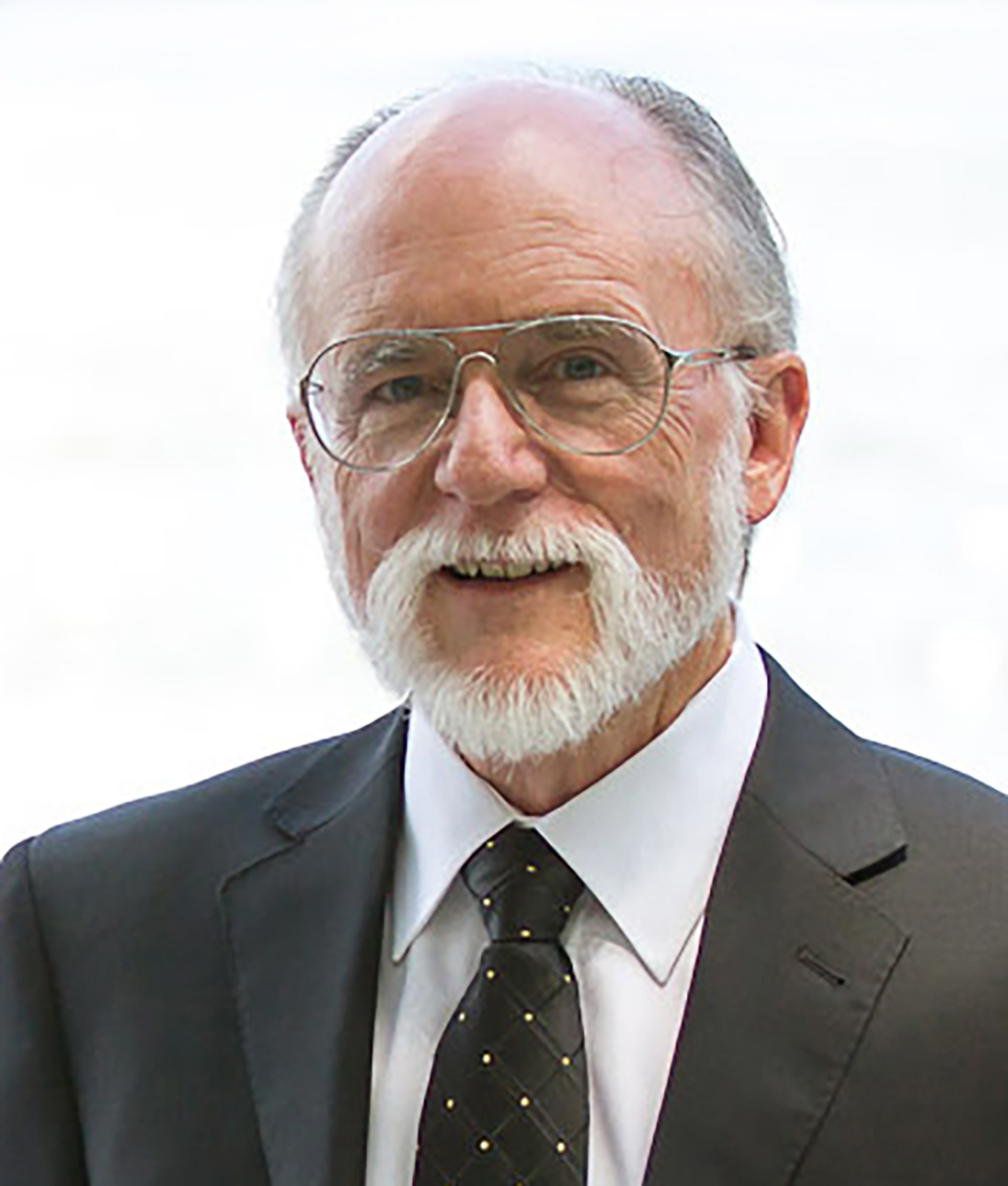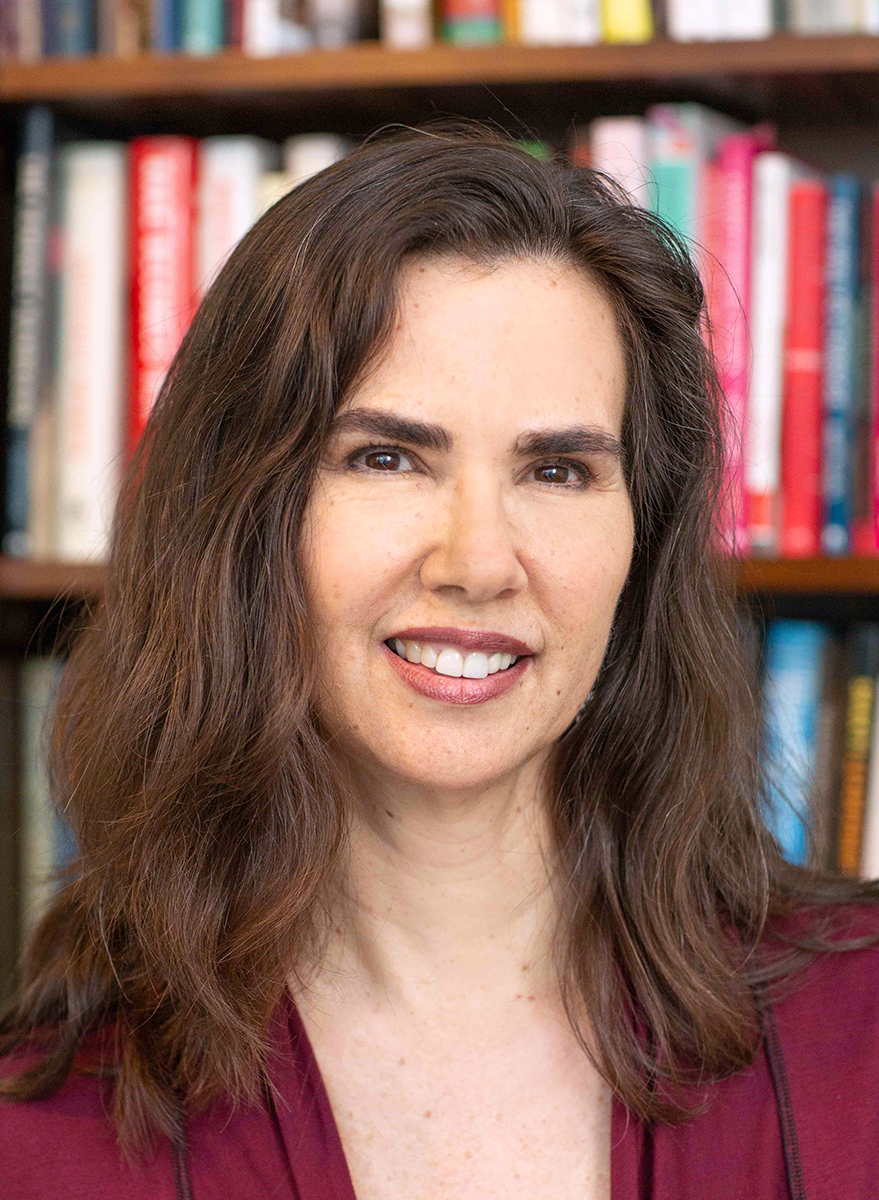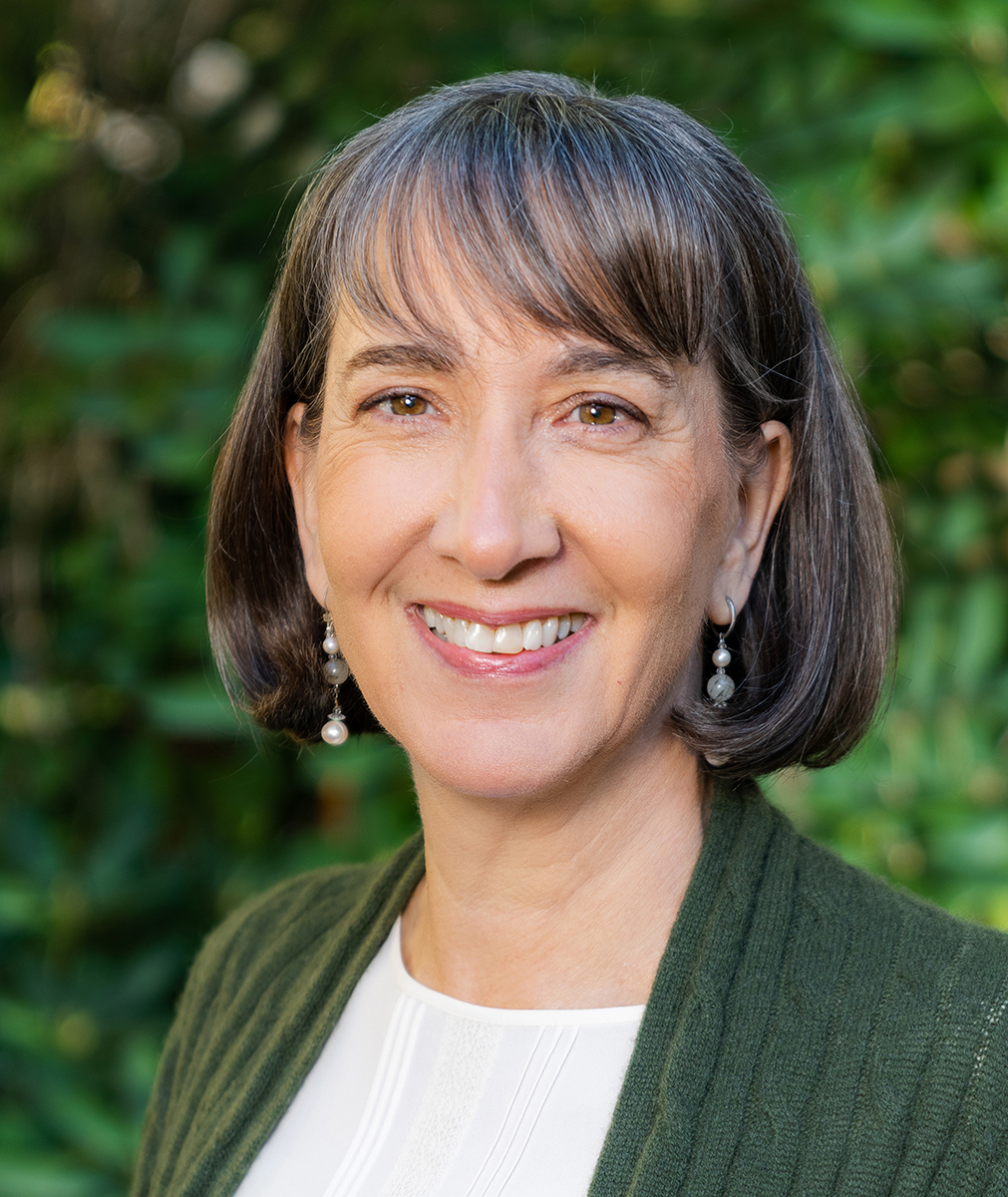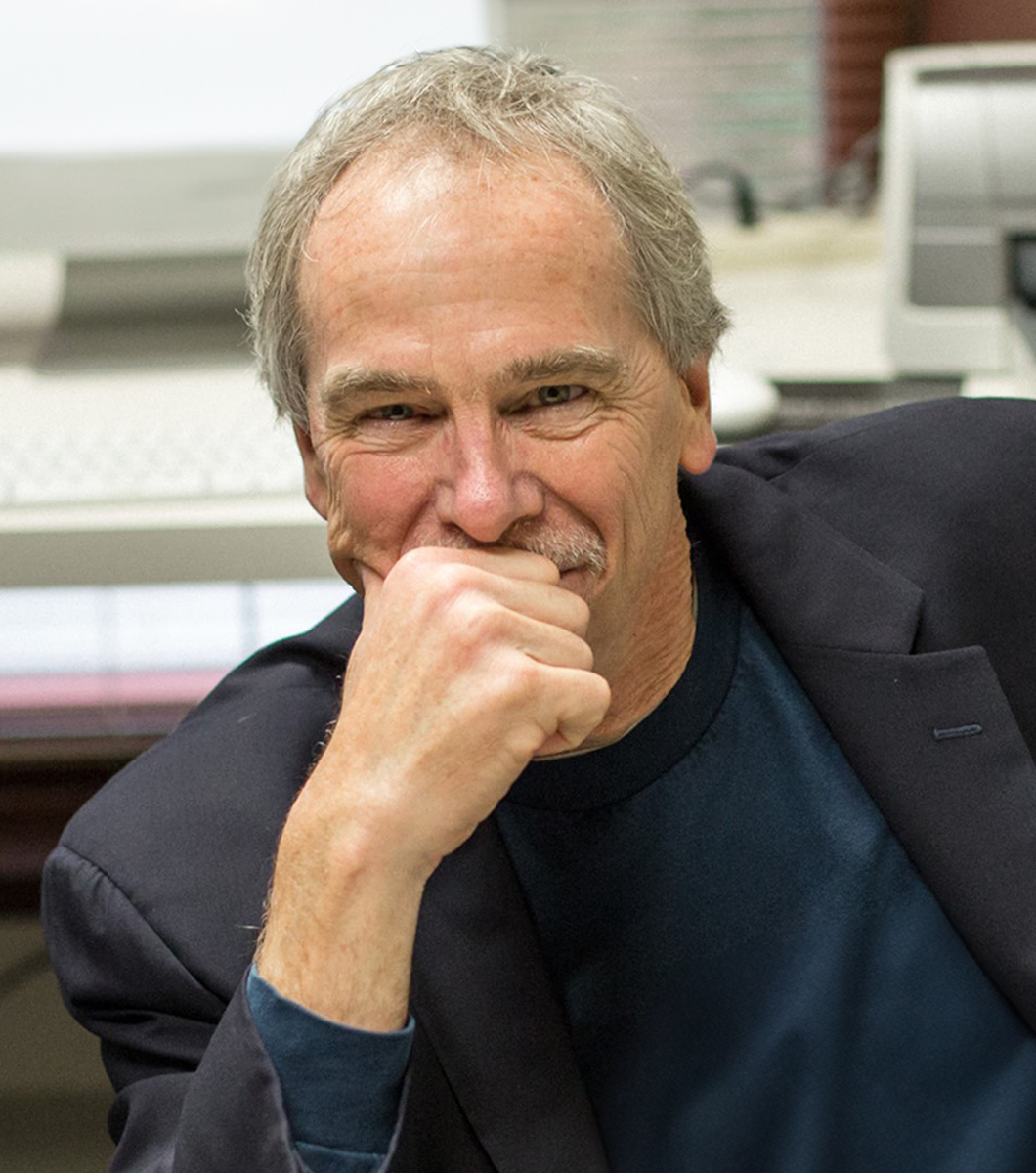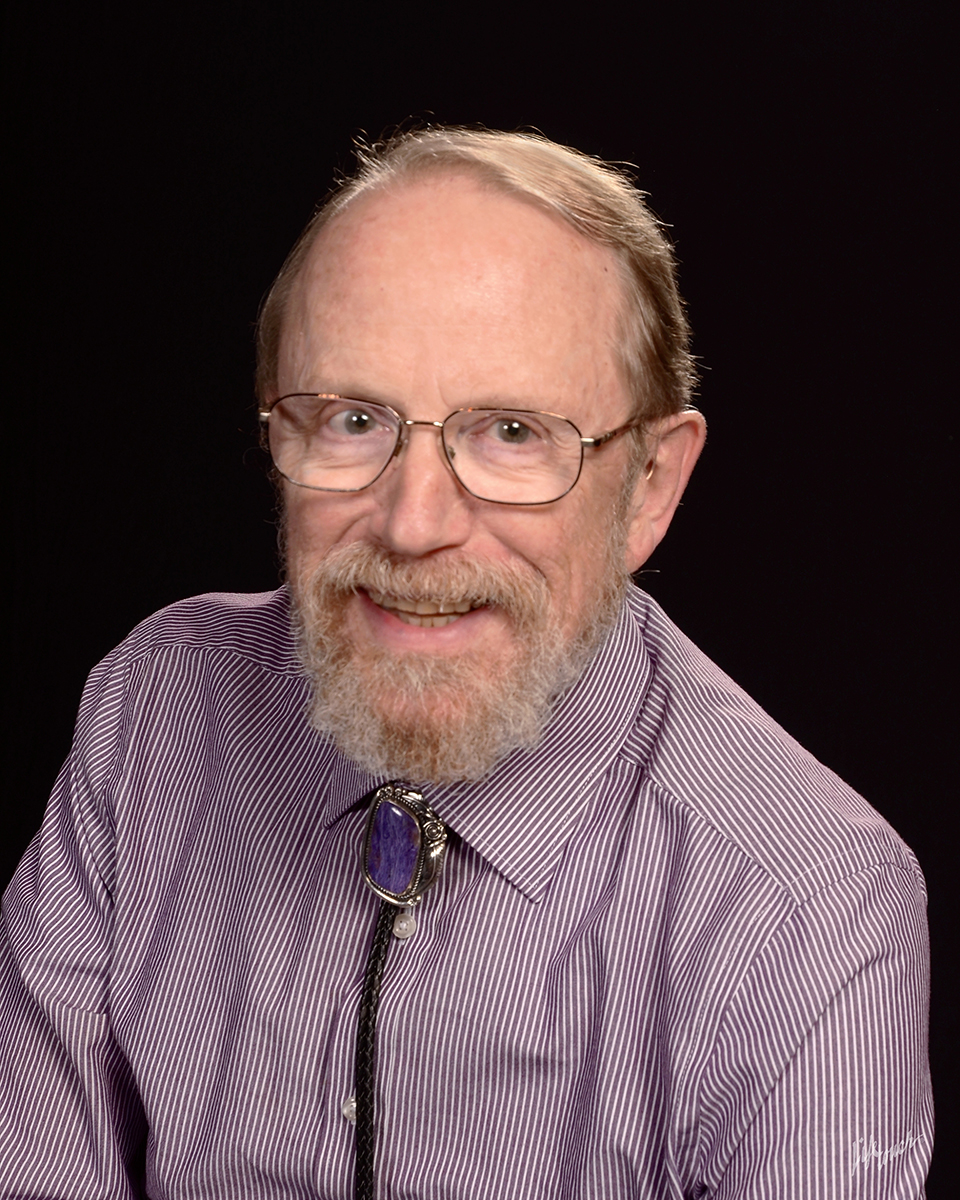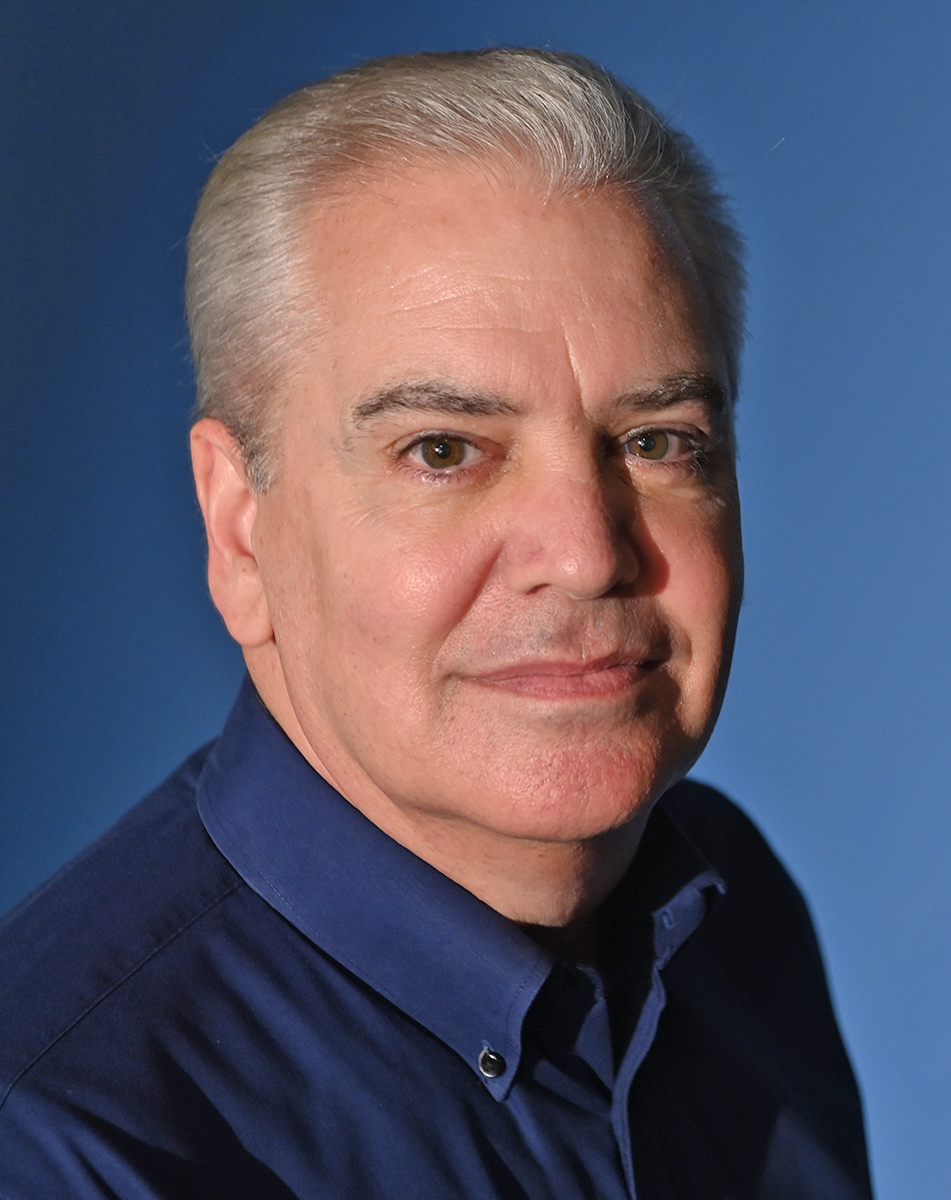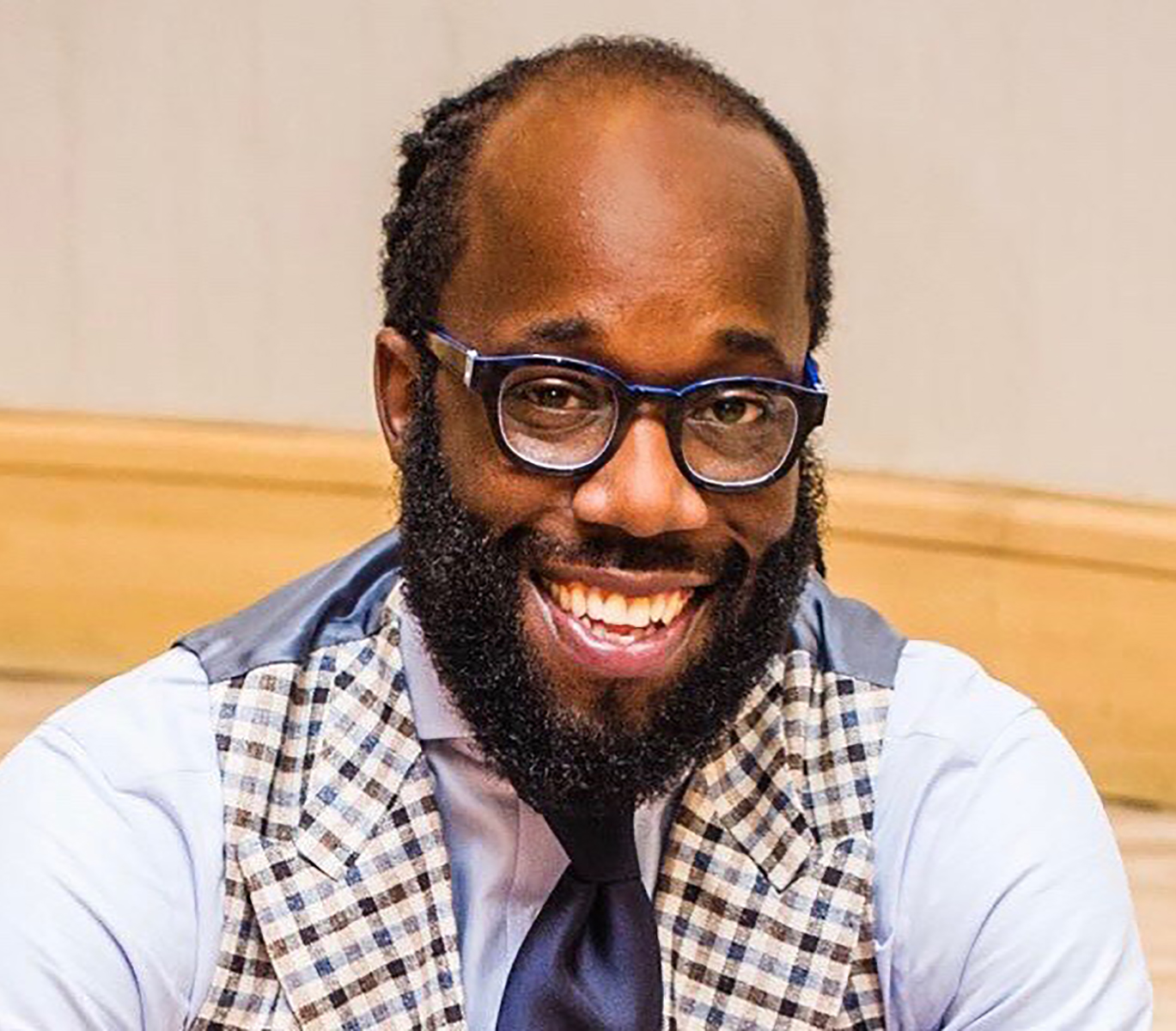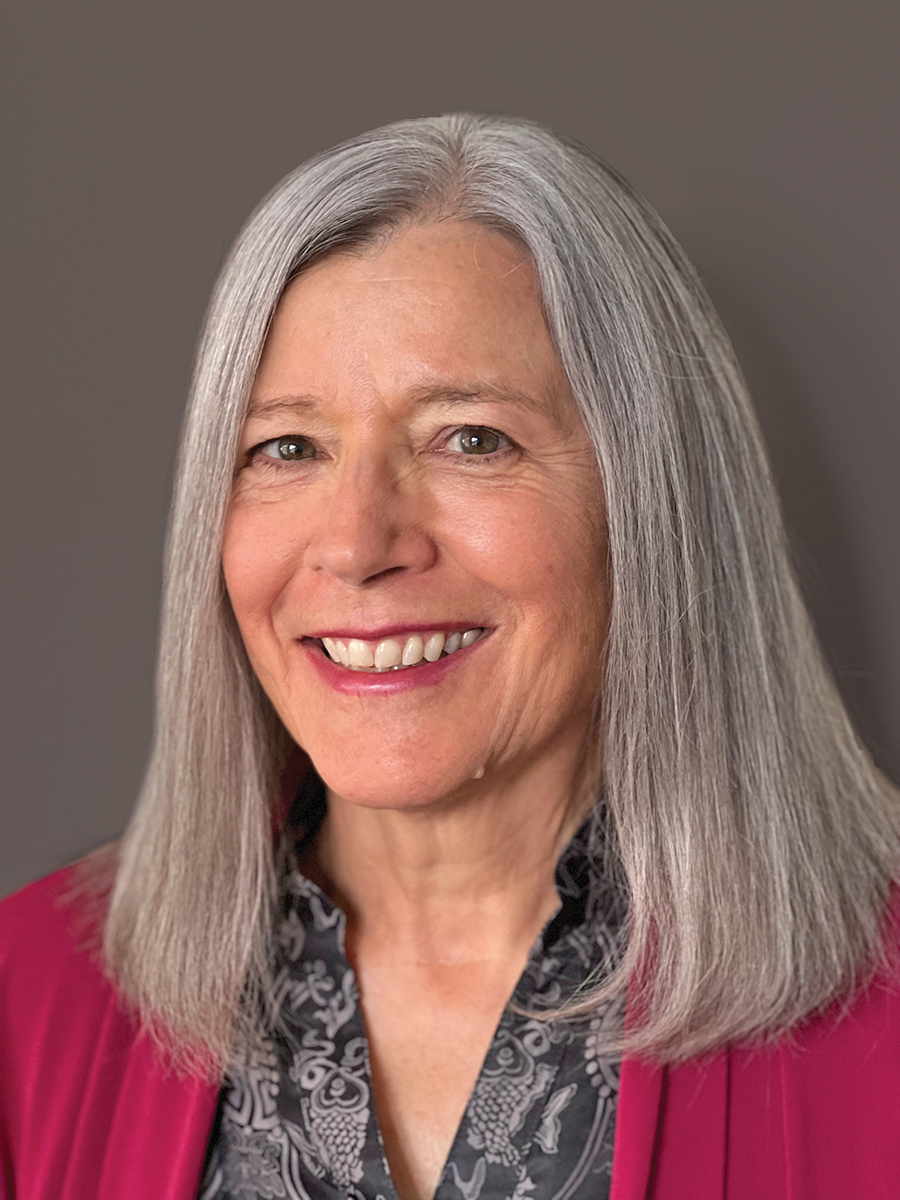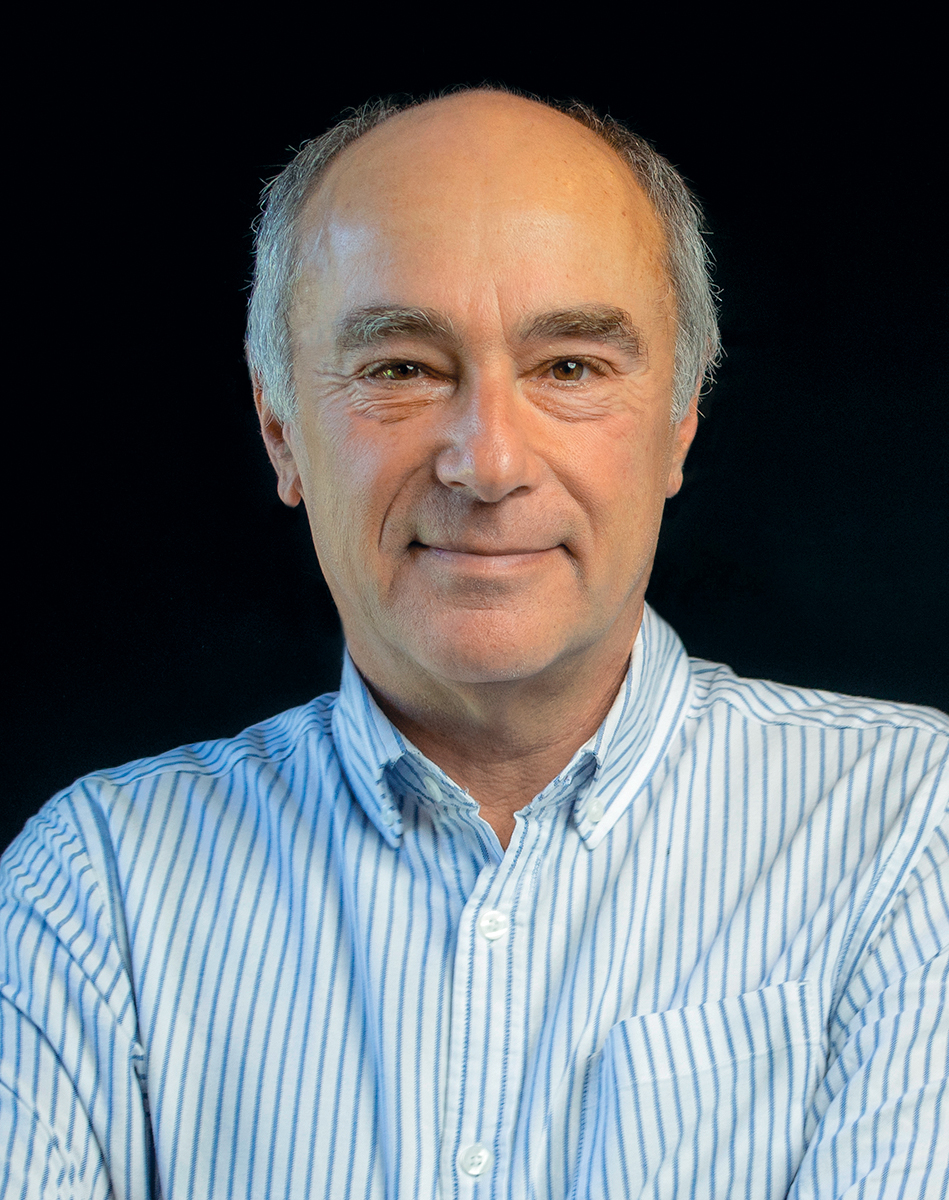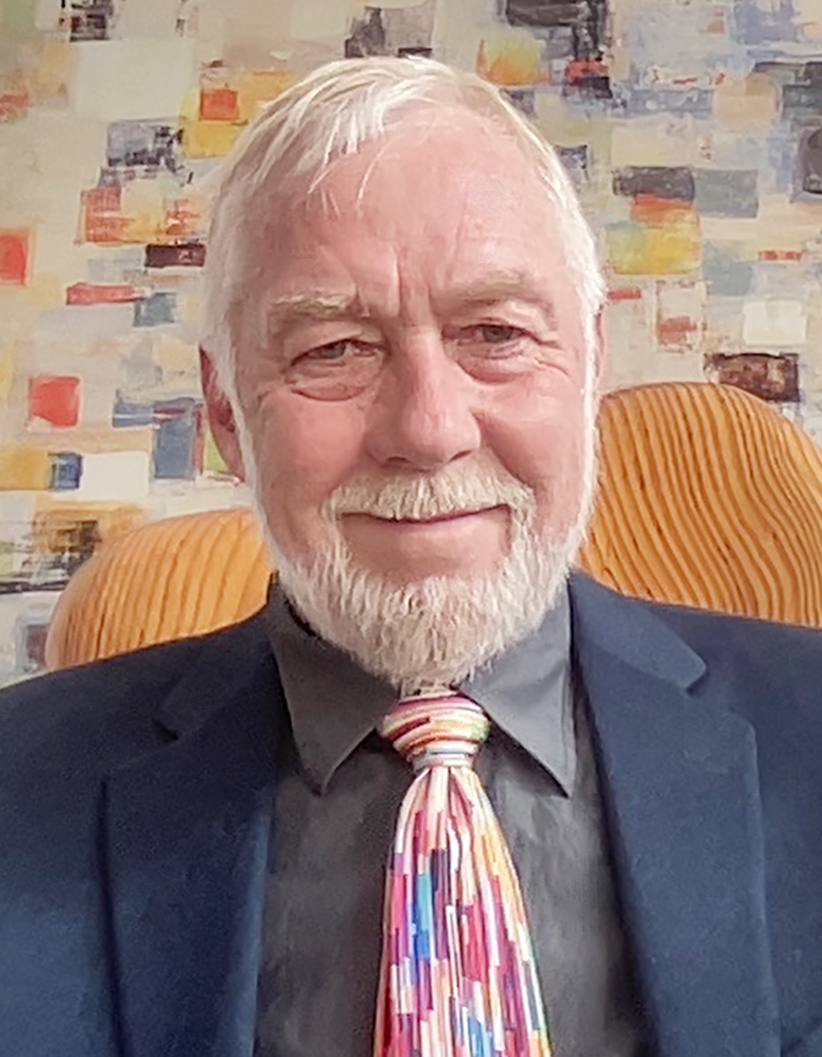Q&A with the Author
- What made you decide to write this book?
- What was the hardest part of writing it, and what was the easiest?
- What is one important lesson or message you hope readers take away from the book?
- Are there any other books that greatly influenced your writing process and/or your research?
- What led you to your specific area of study (the subject of your book)?
- Tell us one fascinating thing about the topic.
- Are there any common misconceptions about the topic?
- What advances do you hope we will see in the next 10 years?
- What made you decide to go into the field of mental health?
- When you are not working, what do you do for fun?
- What is your all-time favorite book?
- Is there a project that you are excited to work on next? (A presentation, a workshop, writing another book, etc.)
Tell us more about your latest book!
What made you decide to write this book?
My new book, Blue Marble Evaluation: Premises and Principles was just published in November 2019. Blue Marble refers to the iconic image of the Earth from space without borders or boundaries, a whole Earth perspective. Many people, organizations, and networks are working to ensure that the future is more sustainable and equitable. Blue Marble evaluators enter the fray by helping design such efforts, provide ongoing feedback for adaptation and enhanced impact, and examine the long-term effectiveness of such interventions and initiatives.
We humans are using our planet’s resources in ways that are unsustainable. Interconnected global crises demand action and evaluation, such as accelerating climate change; the pollution and deterioration of oceans, lands, and air; species extinction; and, growing inequities and economic turbulence. Solving these crises calls for each of us to contribute to solutions in whatever realms of engagement we inhabit.
What was the hardest part of writing it, and what was the easiest?
I wanted to address all those who are engaged in any aspect of change: program and organizational leaders, funders, designers, implementers, and, of course, evaluators. Taking on global sustainability is daunting. The issues are complex and dynamic. Figuring out what we could do to make a difference, both individually and collectively, was challenging. What emerged were principles to inform global transformation and evaluation thereof.
And easiest? Maintaining motivation and momentum. The book is dedicated to my grandchildren and “all the grandchildren, with a mix of deep worry and great hope for the future of Earth and humanity.”
What is one important lesson or message you hope readers take away from the book?
We are the first generation to know that we are destroying the Earth and the last generation that can do anything about it. This will require transformation where everyone does their part, including evaluators. And, in the end, everyone is an evaluator. Everyone makes judgments about what is worthwhile and how to move forward. This book was written to guide informed action at every level and for making astute judgments about what works for transformation.
Are there any other books that greatly influenced your writing process and/or your research?
Jerald Hage has written a magnum opus entitled Knowledge Evolution and Societal Transformations: Action Theory to Solve Adaptive Problems. He is a prolific scholar of innovation and social change. This new book is not yet published. I had the advantage of seeing the manuscript in development because he was my doctoral adviser in sociology some 50+ years ago. It is a monumental review of what is known about major societal change historically and presently with a visionary look into the future.
We are interested in learning more about your expertise.
What led you to your specific area of study (the subject of your book)?
My career, spanning five decades, has been devoted to increasing the use of knowledge for decision-making and more effective interventions. My previous books with Guilford have focused on what I’ve called Developmental Evaluation (2011), which uses complexity concepts to enhance innovation and use, which led to Exemplars of Developmental Evaluation (2015). Next came Principles-Focused Evaluation (2018), a book for principles-driven leaders engaged in principles-based systems change. The new Blue Marble Evaluation book is principles-focused, and applies complexity concepts to global systems transformation. So, in retrospect, it has been a natural progression.
Tell us one fascinating thing about the topic.
There are an estimated 50,000 professional program evaluators in the world including some 20,000 young evaluators connected in a network called EvalYouth. They are all working in some way on the Sustainable Development Goals aimed at making the world more equitable and sustainable. I have presented keynotes and conducted training on Blue Marble Evaluation around the world and been told by many of these young evaluators that this framework inspires and gives them hope-even as their enthusiastic responses inspire and give me hope.
Are there any common misconceptions about the topic?
The most common misperception is that evaluators are just observers, reporting on what is happening but not affecting what is happening. That neutral positioning is no longer viable. One chapter in the book is entitled “Skin in the Game.” We all have skin in the game, including evaluators. That’s why we have to up our game to become part of the global solution rather than, as is now often the case, being part of the problem.
What advances do you hope we will see in the next 10 years?
A chapter in the book is entitled “Time Being of the Essence.” The UN Climate Report gives us 10 years before we reach the point of no return on climate change and a warming Earth with potentially disastrous consequences for humanity. I hope to see systematic Blue Marble Evaluation contributing to reversal of our disastrous trajectory and movement toward sustainable transformations for everyone everywhere.
What made you decide to go into the field of mental health?
At its core, evaluative thinking both depends on and nourishes positive mental health, individually and collectively. Evaluation is not just applied social science methods. Rather, it is a framework for making sense of the world and acting effectively. That’s what we call evaluative thinking.
Now a little bit about you…
When you are not working, what do you do for fun?
I hike the Grand Canyon. I’ve written a book about taking my oldest son into the Grand Canyon for a coming of age experience entitled Grand Canyon Celebration: A Father-Son Journey of Discovery (1999). It was a finalist for Minnesota non-fiction book of the year. So even my non-work experiences ultimately lead to writing. What do I do most for fun? I write!
What is your all-time favorite book?
Don Quixote by Miguel de Cervantes, regarded by many as the world’s first novel, is for me an illuminating treatise on evaluation. The book is all about different perspectives on reality and how we act on what we think is real. The most fundamental theorem of evaluation science states that “what is perceived as real is real in its consequences.” Don Quixote is based on and exemplifies that maxim.
Is there a project that you are excited to work on next? (A presentation, a workshop, writing another book, etc.)
Blue Marble Evaluation is based on a theory of transformation. I introduce that theory at the end of the current book. Next up is fully elaborating why transformation is essential for the future of humanity and how global transformation can occur-a modest endeavor.
See all titles by and read more about Michael Quinn Patton on his author page!
